Introduction
The integration of Artificial Intelligence (AI) and Blockchain is one of the most transformative developments in modern technology. While AI provides intelligence, automation, and predictive capabilities, blockchain ensures security, transparency, and decentralization. Together, they can revolutionize industries by enabling decentralized AI-driven decision-making and automation without relying on centralized authorities.
In this article, we will explore how AI and blockchain work together, their benefits, real-world applications, challenges, and the future of decentralized AI systems.
Understanding AI and Blockchain Integration
What is Artificial Intelligence (AI)?
AI refers to machines and software algorithms that can learn, analyze data, and make autonomous decisions. It includes:
- Machine Learning (ML): AI systems that improve performance based on data patterns.
- Natural Language Processing (NLP): Technology that enables AI to understand and process human language.
- Computer Vision: AI that analyzes and interprets images and videos.
- Robotic Process Automation (RPA): AI-driven automation for repetitive tasks.
What is Blockchain Technology?
Blockchain is a decentralized, tamper-proof digital ledger that records transactions across multiple nodes in a distributed network. Key features include:
- Decentralization: No single entity controls the system.
- Immutability: Data cannot be altered once recorded.
- Smart Contracts: Self-executing contracts based on predefined conditions.
- Security & Transparency: Encrypted transactions visible to all network participants.
How AI and Blockchain Work Together
When AI is combined with blockchain, it creates a trustworthy and decentralized AI ecosystem where decisions are automated, transparent, and secure. AI can analyze blockchain data, automate transactions, and optimize smart contracts, while blockchain provides a secure and verifiable framework for AI decisions.
Benefits of AI and Blockchain Integration
1. Decentralized AI Decision-Making
- Eliminates bias and human intervention by distributing AI decisions across a blockchain network.
- Ensures AI models are open-source and verifiable, preventing manipulation.
2. Enhanced Security and Data Privacy
- AI models often require massive datasets, which can be vulnerable to breaches.
- Blockchain secures AI-generated data using encryption and decentralized storage.
- AI can detect fraud in blockchain transactions, strengthening cybersecurity.
3. Automated Smart Contracts
- AI enhances smart contract capabilities by enabling adaptive, real-time execution.
- Contracts can self-optimize based on AI insights, reducing errors and inefficiencies.
4. Trust and Transparency
- AI decisions are recorded on an immutable blockchain ledger, ensuring accountability.
- Organizations can audit AI models and trace AI-driven decisions.
5. Improved Efficiency and Cost Reduction
- AI automates complex blockchain transactions, reducing the need for intermediaries.
- Smart contracts eliminate manual processes, saving time and operational costs.
Real-World Applications of AI + Blockchain
1. Decentralized Finance (DeFi)
- AI-driven blockchain platforms analyze financial risk, detect fraud, and automate trading strategies.
- Decentralized lending platforms use AI to assess borrowers’ creditworthiness.
2. Healthcare and Medical Data Management
- AI analyzes patient records securely stored on a blockchain, ensuring privacy.
- Blockchain ensures that AI models in healthcare adhere to compliance standards.
- AI-powered diagnostics can be stored immutably, allowing for traceable medical decisions.
3. Supply Chain and Logistics
- AI-powered analytics optimize logistics, tracking, and inventory management on blockchain networks.
- Blockchain ensures authenticity and transparency in tracking product origins.
- AI predicts potential supply chain disruptions and automates resolution processes.
4. Energy and Smart Grid Management
- AI predicts energy demand patterns, optimizing supply chain distribution.
- Blockchain enables peer-to-peer energy trading using smart contracts.
- AI ensures energy efficiency by automating power grid distribution.
5. AI-Governed Autonomous Organizations (DAOs)
- Blockchain-based Decentralized Autonomous Organizations (DAOs) use AI to automate governance decisions.
- AI analyzes voting data and blockchain transactions to optimize organizational policies.
- Smart contracts execute governance decisions without human intervention.
6. Intellectual Property and Digital Content Protection
- AI detects plagiarism and copyright violations in blockchain-registered content.
- Smart contracts automatically manage royalty payments for artists and content creators.
7. Fraud Detection and Cybersecurity
- AI detects anomalies in blockchain transactions and prevents fraud.
- Blockchain secures AI-generated cybersecurity data, making it tamper-proof.
- AI-driven threat analysis enhances proactive security measures.
Challenges of AI & Blockchain Integration
1. Scalability Issues
- AI requires high-speed computations, while blockchain can be slow due to decentralized consensus mechanisms.
- Hybrid solutions (off-chain computation + on-chain verification) are needed to balance speed and security.
2. Data Privacy Regulations
- AI needs large datasets, but GDPR and data privacy laws restrict data sharing.
- Blockchain’s permanent record-keeping contradicts the “right to be forgotten” principle.
3. Computational Complexity and Costs
- AI requires massive computing power, making blockchain-based AI solutions expensive.
- Quantum computing could resolve this issue in the future.
4. Interoperability Between AI and Blockchain Platforms
- Different blockchain networks use different consensus mechanisms, making integration complex.
- Standardized AI + blockchain protocols are needed for seamless communication.
5. Ethical and Bias Concerns
- AI models can inherit biases from training data, and blockchain makes these biases immutable.
- AI decision transparency must be ensured through open-source auditing.
The Future of Decentralized AI and Blockchain
1. AI-Powered Smart Contracts 2.0
- Future smart contracts will adapt dynamically, making real-time AI-driven decisions.
- AI-enhanced self-executing agreements will revolutionize industries like finance, insurance, and healthcare.
2. Federated Learning on Blockchain
- AI will train models across decentralized blockchain networks while maintaining data privacy.
- This will enable secure collaborative AI model development without exposing sensitive data.
3. Blockchain-Based AI Marketplaces
- Decentralized AI marketplaces will allow users to buy, sell, and train AI models securely.
- AI developers can monetize their algorithms using blockchain-based tokenized incentives.
4. AI and Blockchain in Web3 and the Metaverse
- AI-driven avatars and blockchain-based digital assets will power Web3 decentralized applications (dApps).
- AI will govern Metaverse economies and virtual asset transactions.
5. AI-Enhanced Decentralized Identity Systems
- AI-powered blockchain identity verification will eliminate the need for centralized ID systems.
- Digital identities will be self-sovereign and blockchain-secured.
Conclusion
The integration of AI and blockchain has the potential to revolutionize industries, enhance security, and enable decentralized decision-making. By combining AI’s intelligence with blockchain’s transparency, businesses can create autonomous, secure, and efficient systems.
However, challenges like scalability, privacy concerns, and ethical biases must be addressed to unlock AI and blockchain’s full potential. As technologies evolve, we are moving toward a future where decentralized AI-driven automation transforms finance, healthcare, governance, and the digital economy.
Read More:
Nexchain: Pioneering the Integration of AI and Blockchain Across Diverse Applications
AI and Blockchain, A New Paradigm and Its Expression in Distributed AI

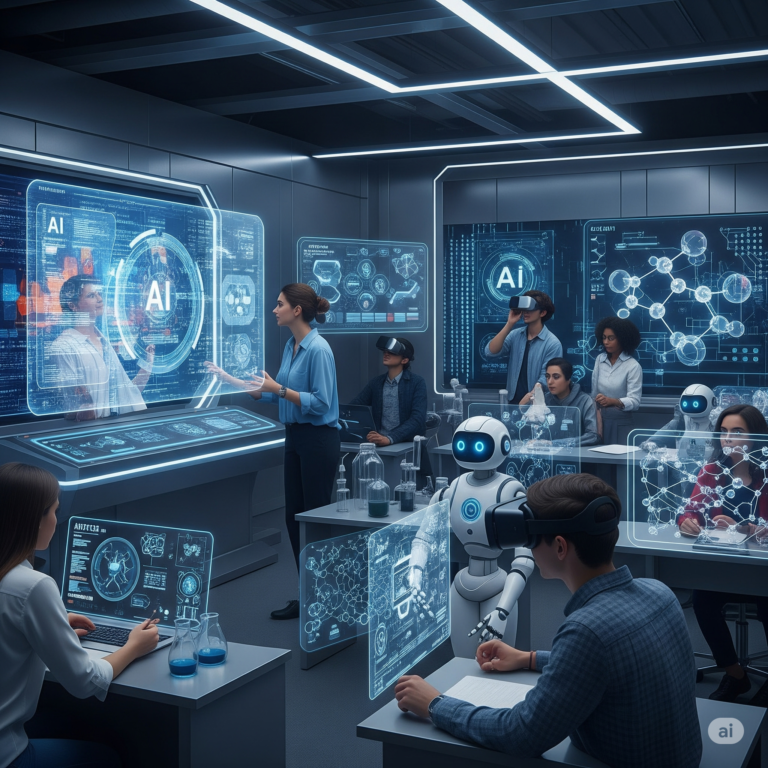

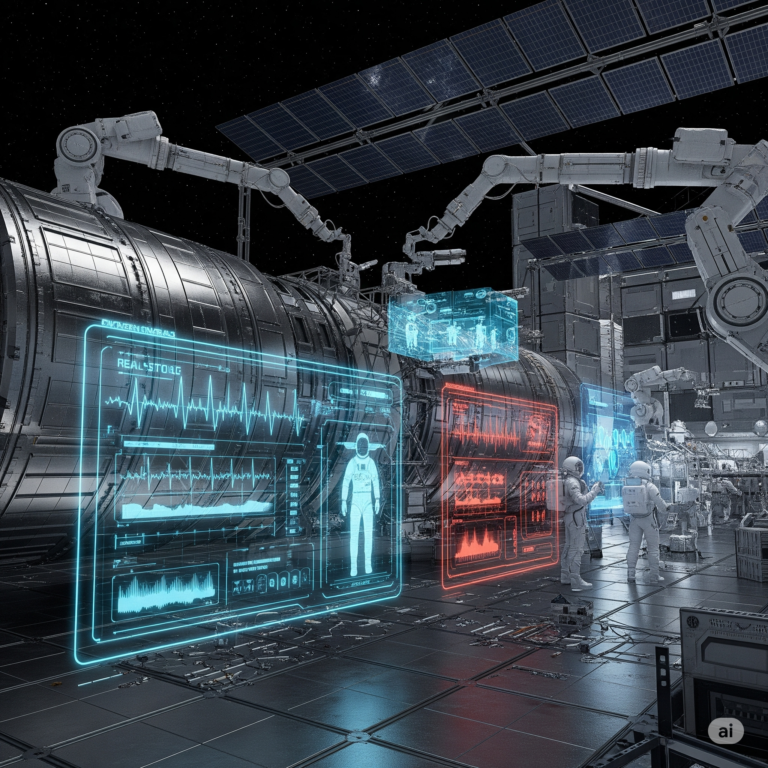
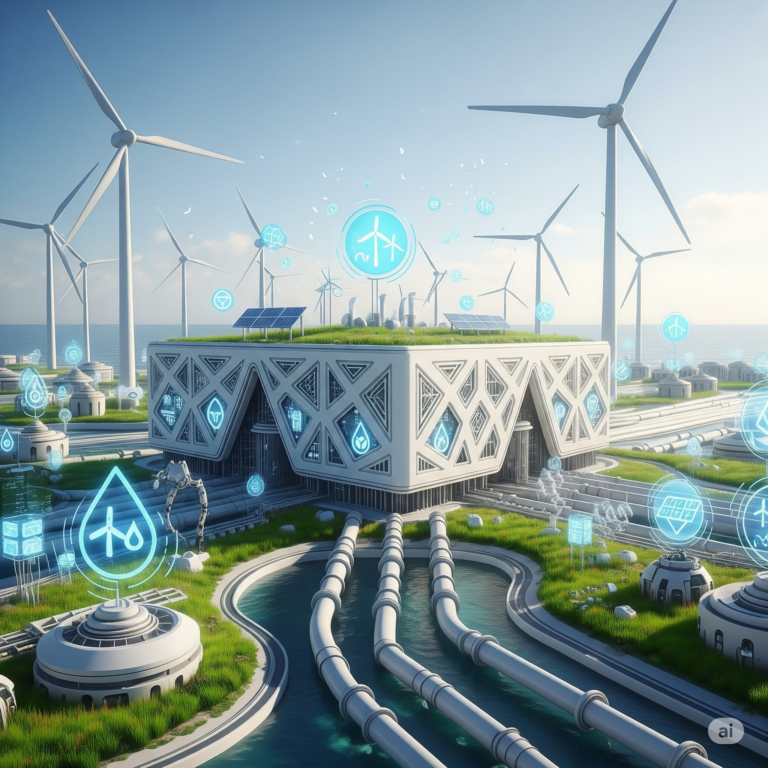
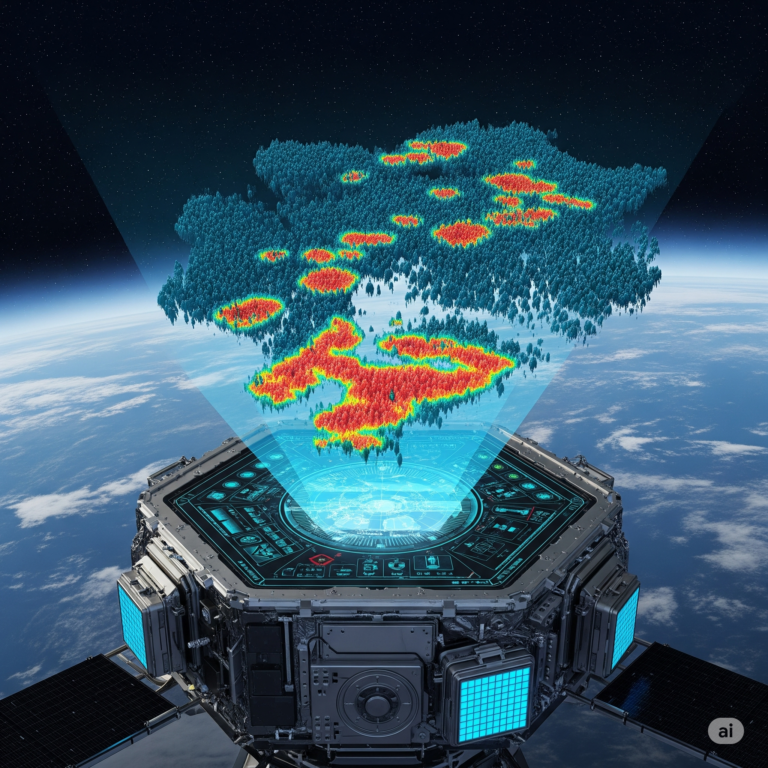


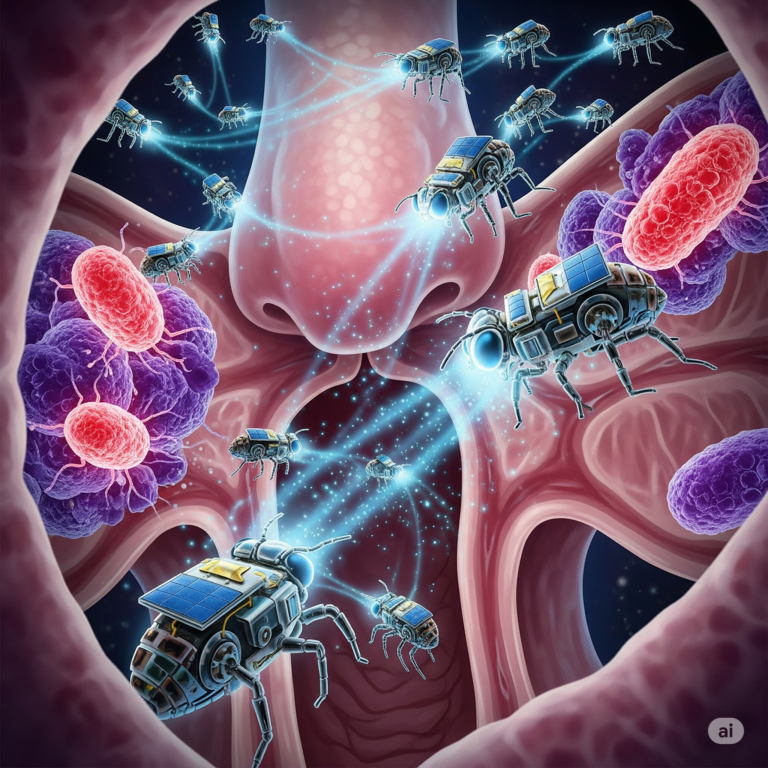
+ There are no comments
Add yours